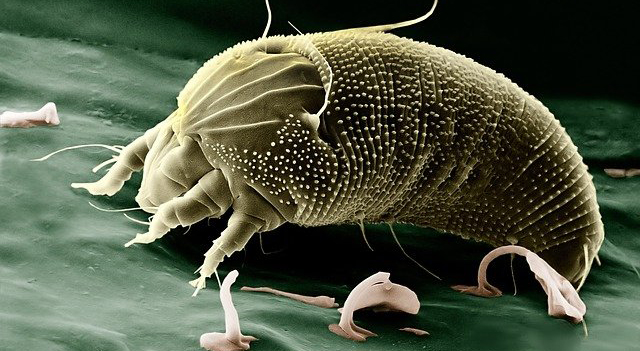
Immune dysregulation is often defined as an immune response that is directed against one of the body’s own tissues, cells or molecules (e.g. autoimmunity) or against an innocuous foreign molecule that should normally be ignored by the immune system (e.g. allergens). More than 50 million individuals in the US suffer from allergies and autoimmune disease affects 23 million individuals in the US. To date, more than 80 different autoimmune diseases have been described including rheumatoid arthritis (RA), Systemic Lupus Erythematosus (SLE), Multiple Sclerosis (MS) and Type 1 Diabetes (T1D). These diseases have the same underlying manifestation – namely that the immune system is inappropriately responding to self-tissues such as the joint (RA), the kidney (SLE), the nervous system (MS) or the pancreas (T1D).
Despite the fact that immune dysregulation is at the heart of all autoimmune disorders, we still do not understand the “specificity” of autoimmune disease – in other words, why does the immune system in a T1D patient attacks the pancreas but not the nervous system while the immune system in a MS patient attacks the nervous system but not the pancreas? This selectivity in immune dysregulation suggests that there are disease-specific triggers, which are likely to include variables such as genetics, gender, and environment. Interestingly, we know that these variables also contribute to why some individuals develop allergies or allergic asthma to specific types of allergens. Thus, a fundamental question for researchers studying autoimmunity and allergy is to understand why the immune system of some individuals is no longer able to “tolerate” self or ignore non-threatening antigens. Understanding why these breaks in tolerance occur could, in the future, allow us to identify individuals at risk for development of specific immune disorders and develop treatments to prevent disease. Researchers at UAB are also working to identify immune-modulating treatments that can selectively suppress allergic or autoimmune responses without inhibiting immune responses to pathogens.
Learn more about UAB research focused on immune dysregulation here.